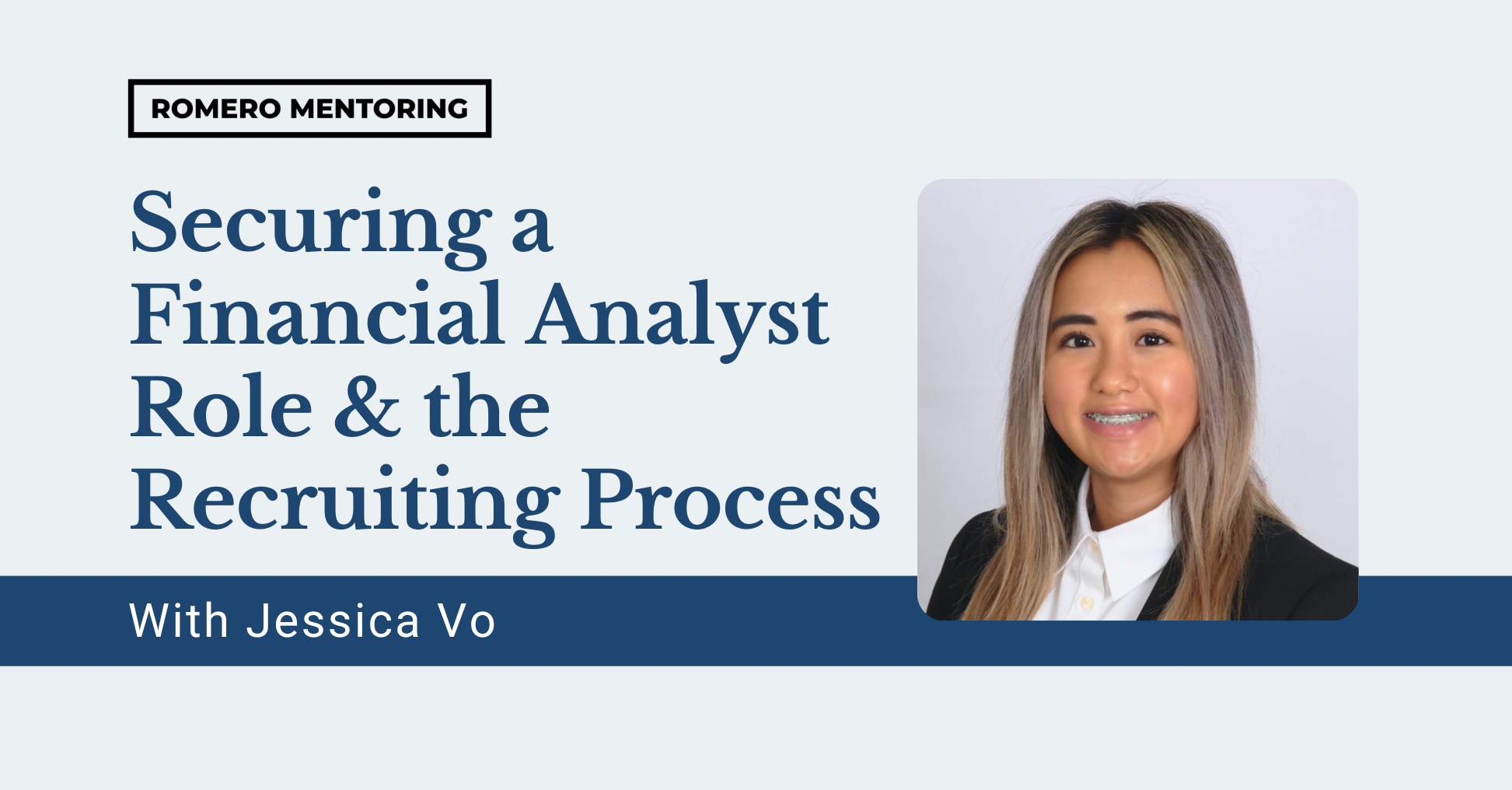Background
My name is Jessica Vo, and I graduated from Michigan State University with a Bachelor of Arts in Finance. My decision to major in finance was my participation in the JP Morgan Early Insight programs. The experiences allowed me to interact with professionals and understand what a career in finance is. I realized that a career in finance means I will make a difference in people’s lives and make a positive long-term impact.
While at Michigan State, I actively sought opportunities to develop my skills and knowledge. I was able to be a Treasurer for the MSU NAHBS, and I also served as a Student Venture Capital Analyst at MSU’s Student Venture Capital Fund. These experiences have enriched my skill set and allowed me to make a meaningful impact in two different areas: venture capital and promoting diversity within the business community.
Moreover, I had my first internship opportunity with a trillion company i.e. Amazon Inc. After my internship, I noticed the significant impact gaining hands-on experience had on developing my technical ability to handle problems. I had a desire to learn more about finance. I knew that if I continued to build my foundation, I would become a more well-rounded individual, so I joined the Romero Mentoring Analyst Prep Career Program, which provided intensive financial modeling, Excel, and PowerPoint training.
Why did you decide to pursue your current role?
I decided to pursue my current role as a Financial Analyst because the specific responsibilities outlined in the role description closely match my professional interests and skills. The diverse responsibilities and the opportunity to work with multiple departments immediately captured my interest. This role offers the perfect platform to apply my financial skills and make a meaningful impact on the company’s performance. My previous experiences prepared me for the position. Specifically, Romero Mentoring has equipped me with a solid understanding of financial analysis and accounting principles.
How did you prepare for recruiting?
My preparation for recruiting in finance roles started with a review and enhancement of my resume. This step is one of the most important aspects of the process. I carefully reviewed my resume, paying attention to detail, format, and content. I revised it to highlight my relevant skills, experience, and accomplishments that precisely match the requirements of the finance positions I was targeting. Emphasizing leadership roles or finance-related projects was key when you lack professional experience. Before applying to specific finance roles, I thoroughly researched each company to understand their financial goals and corporate culture. I like diving deep into the company’s investor reports and recent filings to understand the company’s story and goals.
How did you prepare for interview questions?
To prepare for interviews in the finance field as a recent finance graduate, I sought additional training to fill any knowledge gaps, such as applying to Romero Mentoring to gain more hands-on experience. The program helped me prepare for the technical side of the interview, which consists of understanding the financial statements and various valuation models. Explaining metrics and relationships about those financial models is essential and expected. Especially in roles in high finance, there tend to be brain teasers and an understanding of how the economy can impact the financial valuation. For the behavioral side of the interview, I created an interview guide, a self-assessment of my experiences in situations and areas I can improve or work on.
How important is networking?
Networking also played a role in my recruitment. I connected with professionals working in finance, asking them if there were any openings and seeking advice. I learned that job openings can be private, meaning companies sometimes fill them through referrals and personal connections. Networking can open the door to a hidden job opportunity, along with providing a support system. By engaging in discussions and sharing my experiences, I can connect with peers and share advice and support to get through the challenge.
How do you handle rejections or failure?
Throughout the recruitment process, I maintained a positive attitude and stayed consistent. I remind myself that rejections are a part of everyone’s career journey. It is an opportunity for personal and professional growth, and maintaining a growth mindset is important. Whenever I experienced rejection, I reflected on my interview performance and identified areas where I could continue to improve, demonstrating my skills and reaching out to the team that interviewed me for constructive feedback. I stay focused on my long-term vision and the steps I need to take to achieve it.
What is your advice to others?
My advice to anyone seeking a job in finance is to adopt an entrepreneurial mindset and focus on being able to share a story that most people can’t tell. Everyone has a unique story and background, which means highlighting what makes you stand out in your resume, cover letter, and interviews. Additionally, take ownership of your career by setting goals and taking those necessary risks by having an attitude of continuous learning. During times of uncertainty, sometimes it is necessary to take an unconventional way to reach your goal, such as spending more time developing your skillset, which can mean taking an internship or course that will enhance your skills before securing a job. A well-rounded approach that includes self-assessment and constant learning, such as setting clear short-term and long-term career goals, can guide you during the job search and support you in finding the right career path.
About Romero Mentoring
Since 2016, Romero Mentoring investment banking training programs have been delivering career mentoring to job seekers, professionals, and college students pursuing careers in finance. We’ve helped over 500 students start their careers on Wall Street through our Analyst Prep and Associate Investment Banking Training Programs. Our graduates work at top-bulge bracket banks and consulting firms, including Goldman Sachs, JP Morgan, McKinsey, and many more.




